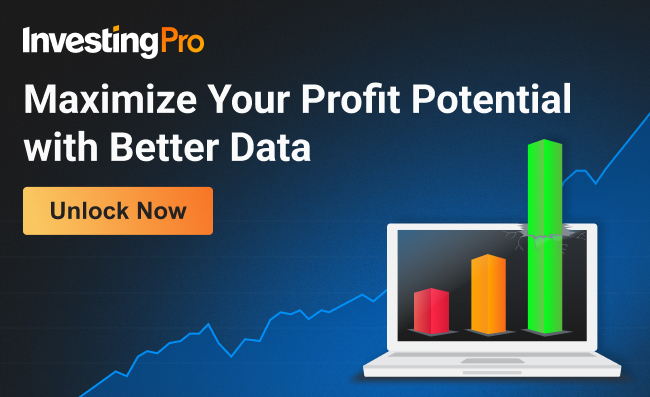- In a remarkable conversation with Howard Marks, co-founder of Oaktree Capital Management, key investment insights came to the fore.
- Marks advocates against attempting to time the market, echoing Charlie Munger's wisdom that market timing can be disastrous.
- In this article, we will discuss the key insights from the legendary investor that can help you reach your financial goals in the long term.
- In 2024, invest like the big funds from the comfort of your home with our AI-powered ProPicks stock selection tool. Learn more here>>
Yesterday marked a memorable day for me as I never envisioned having the opportunity to engage in a conversation with one of the greatest investors in history and gather insights on the market.
During yesterday afternoon, I had the chance to exchange ideas and opinions with Howard Marks, co-founder, and co-chairman of Oaktree Capital Management. We discussed many topics, such as his new book, current market conditions, and investing philosophy.
According to Howard:
"Investors shouldn't try to be too smart. Starting young and compounding for many years is the key to success regardless of macro conditions."
You can watch the full interview here:
Below are my top four takeaways from this incredible chat.
1. Invest for the Long Term
When considering the most crucial advice for investors, it boils down to a simple mantra: adopt a buy-and-hold strategy for the long term.
This approach emphasizes the importance of discipline, rational decision-making, and the ability to detach from emotions, paving the way for sustained success in the market.
In 100 years of history, the S&P 500 index has achieved an average annual performance of around 10%, and for 99% of investors, that is sufficient.
2. Never Attempt to Time the Markets
'Time in the market' is a lot better than 'timing the market.' It makes no sense to try to pick the highs and lows and move continuously.
Marks went on to quote Charlie Munger: Market timing demands not just one decision, but two: one for deciding when to exit the markets and another for determining when to re-enter. Often, both decisions turn out to be wrong.
3. Keep Emotions Aside
Investing because we are attached to a particular car or work for a specific company leads nowhere. We must be objective, look at the numbers and the business, and not make choices based on emotions.
4. Understand Market Cycles
People often tend to act counter to what is advisable. They tend to buy at market highs, driven by euphoria and optimism, only to sell at lows, overwhelmed by despair.
Howard Marks has successfully executed his best operations by acquiring assets during periods of extreme pessimism. He cites instances such as the collapse of emerging markets in the 1990s and the subprime crisis.
Contrary to prevailing trends, making decisions based on fundamentals and objective data often results in numerous satisfactions.
***
Take your investing game to the next level in 2024 with ProPicks
Institutions and billionaire investors worldwide are already well ahead of the game when it comes to AI-powered investing, extensively using, customizing, and developing it to bulk up their returns and minimize losses.
Now, InvestingPro users can do just the same from the comfort of their own homes with our new flagship AI-powered stock-picking tool: ProPicks.
With our six strategies, including the flagship "Tech Titans," which outperformed the market by a lofty 1,183% over the last decade, investors have the best selection of stocks in the market at the tip of their fingers every month.
Subscribe here and never miss a bull market again!

Don't forget your free gift! Use coupon code pro2it2024 at checkout to claim an extra 10% off on the Pro yearly and biyearly plans.
Disclaimer: This article is written for informational purposes only; it does not constitute a solicitation, offer, advice, counsel or recommendation to invest as such it is not intended to incentivize the purchase of assets in any way. I would like to remind you that any type of asset, is evaluated from multiple points of view and is highly risky and therefore, any investment decision and the associated risk remains with the investor.
